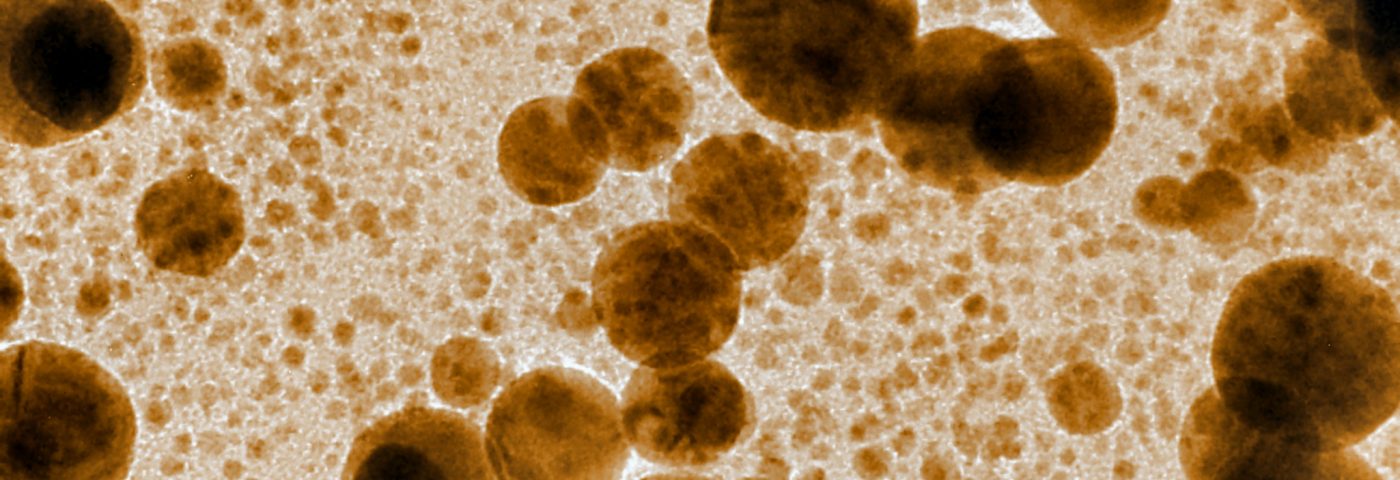Nanosized fat bubbles packed with the hormone melatonin might make the breast cancer drug tamoxifen more effective and reduce side effects in the process. The nanostructured lipid carriers also may lower the risk of developing chemoresistance, when the body is lax to respond or does not respond at all to therapies.
Tamoxifen is the most frequently used drug to treat breast cancer, but as with many other cancer treatments, it is linked to severe health-related issues, such as uterine or other types of cancer, stroke, lung embolisms and vision problems. Less severe, but more frequent side effects include weight loss, irregular menstruation and hot flashes.
Melatonin is a natural, hormonal sleeping aid that fluctuates with normal sleep and wake cycles. Earlier studies have indicated that the hormone can help kill cancer cells when used with some chemotherapuetic drugs, but its effects with tamoxifen were not well explored.
“We tried to solve both issues by putting melatonin into nanostructures so they can help the chemotherapeutic agent kill more cells,” said Nasser Samadi, head of the Department of Biochemistry and Genetics at Tabriz University of Medical Sciences in Iran, in a press release. “By doing this, you can decrease the dose of tamoxifen needed, reducing the severity of the side effects.”
Samadi was the first author of the study “Sustained release of melatonin: A novel approach in elevating efficacy of tamoxifen in breast cancer treatment, published in the journal Colloids and Surfaces B: Biointerfaces,
The problem with using melatonin as a drug is that it breaks down very quickly once released inside the body. Such a drug would need to be injected frequently throughout the day the keep levels high enough for an anti-cancer effect.
To get around the problem, the research team engineered lipid carriers designed to slowly release melatonin over an extended period. In a lab dish, the structures were about two times as effective in preventing the growth of tumors than melatonin alone. A drug that makes tamoxifen twice as good at killing cancer cells would allow physicians to lower tamoxifen doses, sparing many patients from side effects.
To make sure that the lipid carriers would not lead to other types of side effects, the team also exposed cultured cells to carriers without melatonin. The study revealed that the tumors continued growing, but the carriers were not toxic for the surrounding tissue.
Although the research is still at an early stage, the findings are promising because many other nanostructures are toxic.
The research team is now focusing on testing the nanoparticle carriers in other types of tumors and cell culture models, before they move on to animal testing and clinical trials.

